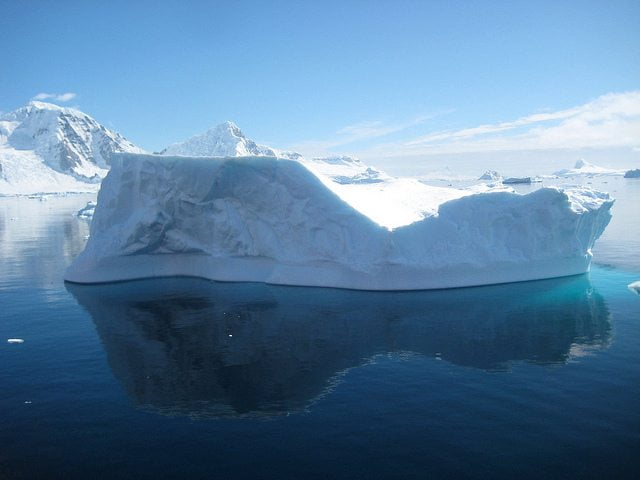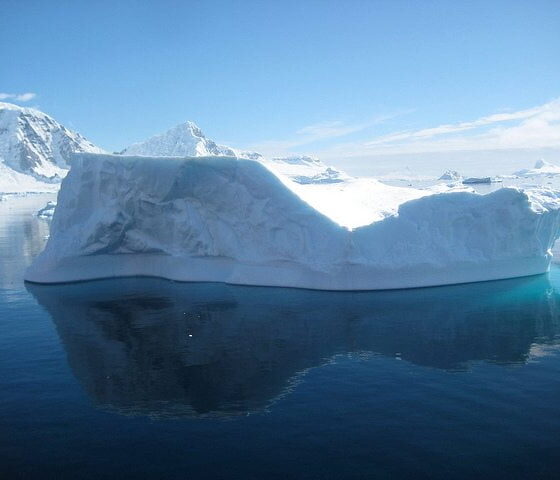

Environment
Climate change devastates Antarctic seabed ecosystems
Climate change is decimating populations of tiny species that live on the seabed of the Antarctic shore, threatening ecosystem stability and life higher up the food chain, scientists have warned.
In a paper published on Monday in the journal Current Biology, scientists describe how the warming of Antarctic waters over the last two decades has allowed icebergs to drift more freely, battering the seabed as they do.
This has made it harder for most species to prosper on the seabed – where most forms of Antarctic life actually live.
One species – fenestrulina rugula, a kind of sea moss – has thrived, the researchers found, filling the gap thanks to its remarkably fast growth and reproduction rate.
“It’s a quite inconspicuous, really quite a weedy little thing”, the study’s lead author David Barnes, of the British Antarctic Survey, told the BBC.
“Now if you go there and picked up a boulder, 99 out of every 100 beasts that you would find on it would be that.”
While this is good news for fenestrulina rugula, it’s bad news for the biodiversity of the region. The study notes that what was once an intricate ecosystem, made up of many competing species, is now lost.
“Now it all revolves around a single species”, Barnes said.
“This means specialist predators will now have less food and the biological system is less stable, and thus more susceptible to environmental change.”
One survey, conducted in 2013, at a spot close to the area studied by Barnes and his colleagues, even found large areas where no life at all could be found.
This was the first time that had ever been reported, despite frequent surveys of the area, scientists say.
Such findings should concern us all, because the Antarctic Peninsula ”is like a canary in a coal mine”, Barnes said in a statement.
“Physical changes there are amongst the most extreme and the biology considered quite sensitive, so it was always likely to be a good place to observe impacts of climate change — but impacts elsewhere are likely to be not too far behind.”
Photo: NOAA’s National Ocean Service via Flickr
Further reading:
Vast ice structures discovered beneath Greenland ice sheet
Iron released by melting ice sheets may slow global warming
Antarctic ice loss has doubled in less than a decade
West Antarctic ice sheet collapse is now unstoppable
Worries over melting of previously ‘stable’ Greenland ice sheet


 Environment12 months ago
Environment12 months agoAre Polymer Banknotes: an Eco-Friendly Trend or a Groundswell?

 Features11 months ago
Features11 months agoEco-Friendly Cryptocurrencies: Sustainable Investment Choices

 Energy11 months ago
Energy11 months agoThe Growing Role of Solar Panels in Ireland’s Energy Future

 Energy12 months ago
Energy12 months agoHow Renewable Energy Can Help Combat Climate Change, According to Indra Energy




























